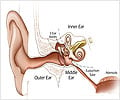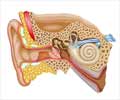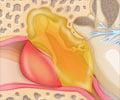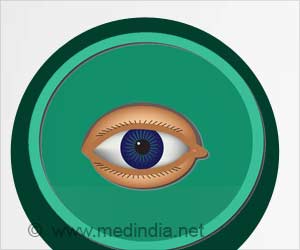An international team of researchers from Switzerland and South Africa proposes a new method to overcome hearing deficits.
An international team of researchers from Switzerland and South Africa proposes a new method to overcome hearing deficits.
The researchers say that functioning regions of the ear can be retuned to recognise frequencies originally associated with damaged areas.The researchers say that a possible reason for why the conventional hearing-aid and cochlear implant technology have only been partially successful in recreating the experience of the fully functioning ear could be because the hearing sensor must be fully embedded into the corto-cochlear feedback loop.
Though recently developed artificial cochleas are extremely close to the performance of the biological one, the integration of artificial cochleas into this loop is an extremely difficult micro-surgical task.
The researchers attempted to circumvent this problem by investigating the biophysics and bio-mechanics of the natural sensor, and identified modifications that could enable the re-mapping of frequencies where the cochlea malfunctions to neighbouring intact cochlear areas.
According to them, the re-mapping is performed in such a way that no auditory information is lost, and the tuning capabilities of the cochlea can be fully utilized.
The team said that the new findings suggested that biophysically realistic modifications could remedy even substantial hearing loss.
Advertisement
The surgical procedures needed to establish the authors' suggested biophysical corrections have not yet been developed.
Advertisement
Source-ANI
SRM









